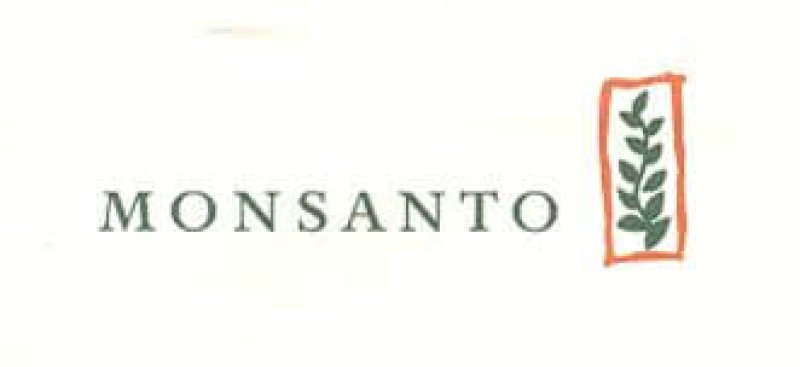The GLP aggregated and excerpted this blog/article to reflect the diversity of news, opinion and analysis.
As a young doctor in the 1970s, Stanislaw Burzynski began treating patients with antineoplastons, a collection of peptides, amino acids and amino acid derivatives he originally isolated from blood and urine. Since then, by his reckoning, he’s used the drugs to treat over 2,300 cancer patients—though he isn’t trained as an oncologist. He’s been the subject of laudatory documentaries and promoted by the likes of Dr. Mehmet Oz, the famous surgeon and TV personality, and Suzanne Somers, the actress-turned-naturopathic-medicine-advocate. “No one has worked harder, and no one has been more persecuted for his maverick approach,” Somers wrote in her book Knockout: Interviews With Doctors Who Are Curing Cancer.
But there’s no verifiable evidence antineoplastons work. Nor are they the gentle treatment Burzynski claims them to be. He has run Food and Drug Administration–approved clinical trials on the drugs since the 1990s, during which time at least six study participants died from hypernatremia, or high levels of sodium in the blood—likely due to the sodium-rich antineoplastons. Among the victims was a 6-year-old boy.
Now the Texas Medical Board has brought a case against Burzynski, seeking to revoke his license. As the hearing got underway in November, some of the doctor’s former patients and admirers gathered to support him and to protest with placards.
Read full, original post: Cancer ‘visionary’ Stanislaw Burzynski stands trial for unprecedented medical malfeasance































